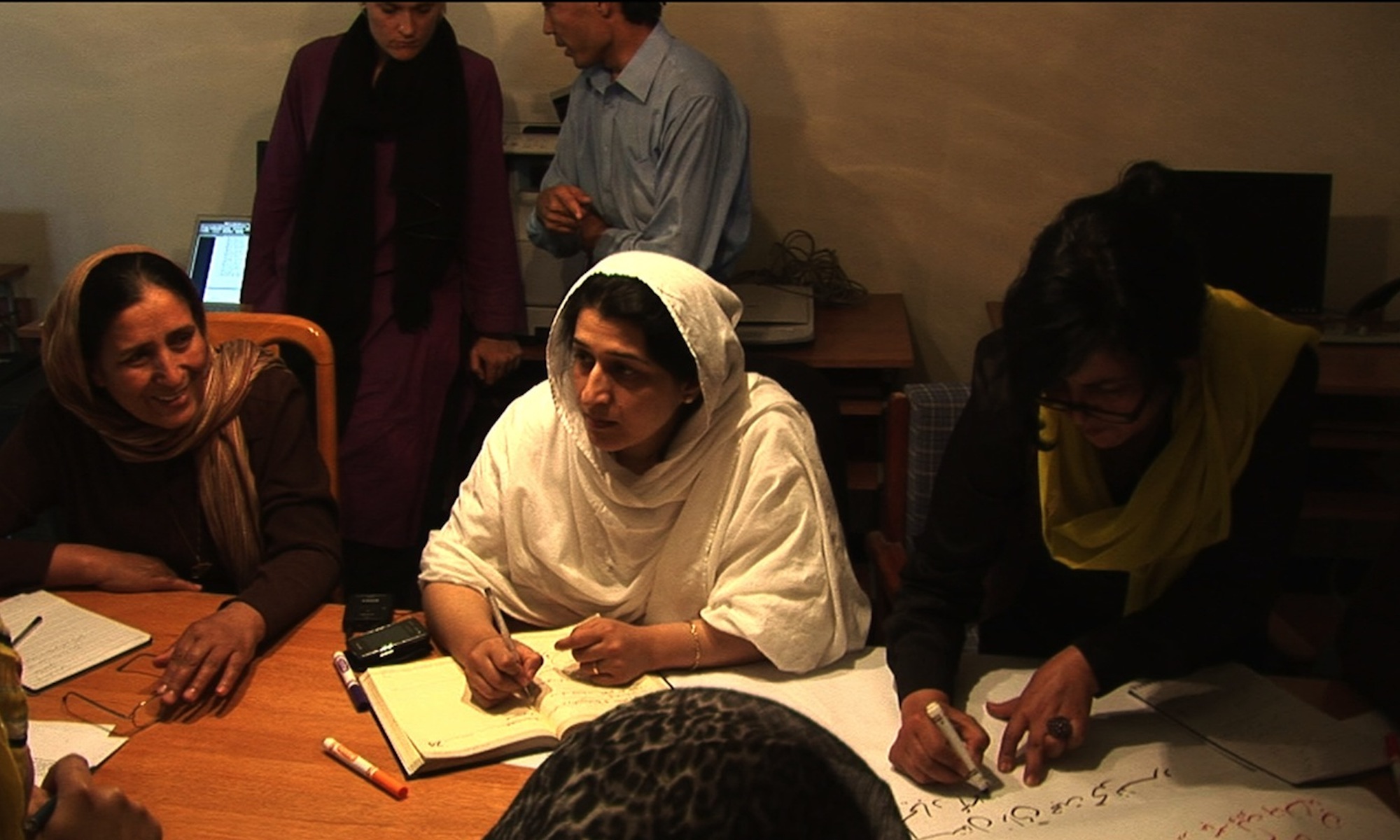Despite increased international attention to managing the potential impacts of peacekeeping on host countries, unintended consequences continue to emerge. This article focuses particularly on the alternative economies that peacekeeping operations generate and the differential economic impacts on individuals who come into contact with peacekeepers. Based on empirical evidence derived from fieldwork in Liberia, the article highlights the everyday lives of women whose livelihoods have been affected by the presence of peacekeeping missions. It also discusses how such economies adjust during the peacekeeping drawdown phase, and explores the dynamics that such economies have on specific segments of the Liberian population. The argument is that, while peacekeeping economies are critical in stimulating the local economy and providing livelihoods during and in the immediate aftermath of war, they have negative unintended impacts that need mitigation.

INSCT Postconflict Research Database
The Institute for National Security and Counterterrorism's Postconflict Research Database & Analysis Project stores cross-indexed bibliographic information on hundreds of journal articles, books, book chapters, and case reports that address the broad, interdisciplinary fields of postconflict reconstruction, stabilization, and peacebuilding.